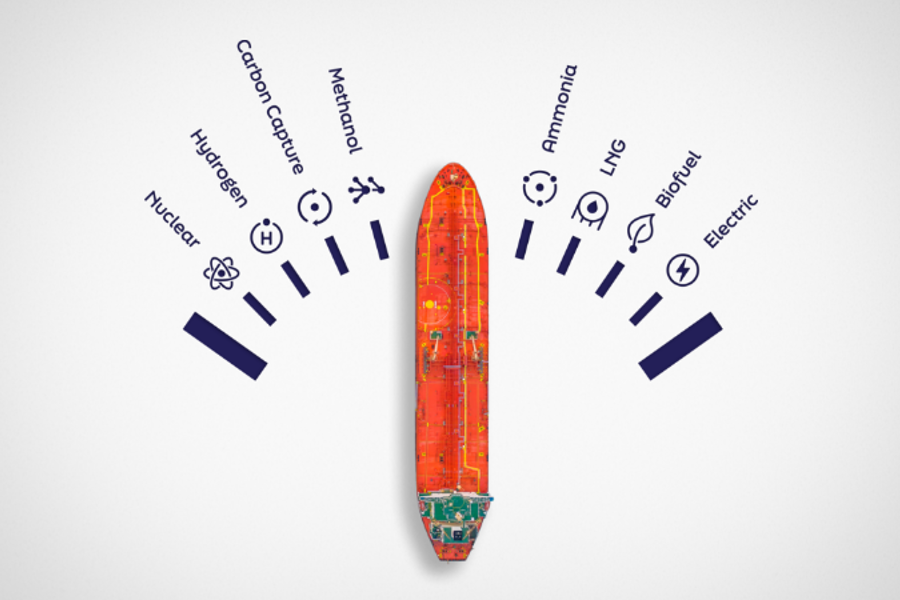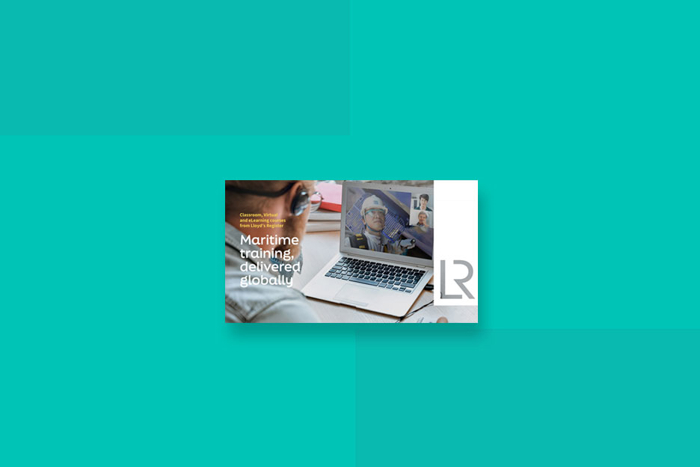
Course summary
The IMO Decarbonisation program focusing on Zero Emissions as well as the European Green Deal have many options. Making a sustainable choice is dependent on many factors in novel technologies without the advantage of previous experience and / or prescriptive regulations.
This course, spanning either a two-day classroom-based session or a three-day virtual class (with six hours per day), equips participants with essential knowledge to discuss and compare available options and grasp practical implementation aspects. It covers the regulatory framework and is a starting point to the process of making a selection and creating a design proposal.
Who should attend?
The course is suitable for all stakeholders in ship design, construction and management; e.g. representatives of Ship Designers, Ship Construction and Repair Yards, Original Equipment Manufacturers, Educators, Ship Owners, Managers, NGO’s, Charters and Cargo Owners.
What will you learn during this course
In this course, led by experienced Lloyd's Register specialists and through collaborative group discussions, we explore the following subjects:
- Regulatory framework (IMO, EU, regional, Class Rules), what is in place today and what should be expected tomorrow
- Alternative fuels and technologies(LNG, biofuels, methanol, ammonia, hydrogen, electrification): properties, production pathways, safety and design considerations, barriers to deployment
- Case studies: existing ships and projects
- Introduction to Risk based design process and approval process for the use of marine alternative fuels
Learning outcomes
- By the end of the training course
By the end of the course, you will be able to:
- Explain the Regulatory framework (statutory and classification), the drivers and new developments
- Define and explain the difference between the alternative fuels and technologies
- Confidently explain the challenges to overcome for the application and uptake of alternative fuels
- Describe the framework for Risk Based Certification, Equivalents and Alternative Design
Virtual Classroom
If travel isn't an option, our virtual courses are an option
Classroom
Delivered by one of our expert trainers who facilitates participation and discussion






 Introduction to alternative fuels
Introduction to alternative fuels








